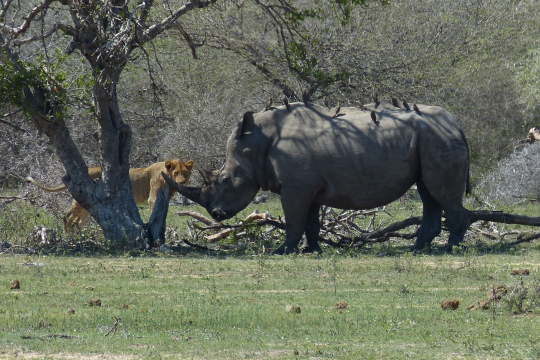Abstract
The increasing pressure within developing countries to focus on other national objectives has led to declining fiscal transfers for conservation. This paper assesses the potential for a typical large African park such as the Kruger National Park to generate additional revenue through an entrance fee hike in order to finance park operations. This is investigated by estimating international tourists’ willingness to pay (WTP) for possible future visits. The estimated WTP is substantial, ranging from $216 to $255 per trip and $79 million to $94 million per year for all international tourists. Using a non-parametric survival function to calculate the consumer surplus that could be extracted from tourists, we show that park authorities can increase total revenue by 57% to 61% ($38 million and $40 million) per year. These findings indicate that unique African parks such as the Kruger National Park can contribute to African economies through revenues from increased entrance fees.
Valuation of nature-based tourism using contingent valuation survey: evidence from South Africa
EfD Authors
Country
Sustainable Development Goals
Publication reference
Mukanjari, S., Ntuli, H., & Muchapondwa, E. (2021). Valuation of nature-based tourism using contingent valuation survey: evidence from South Africa. Journal of Environmental Economics and Policy, 1–19. doi:10.1080/21606544.2021.2010604



